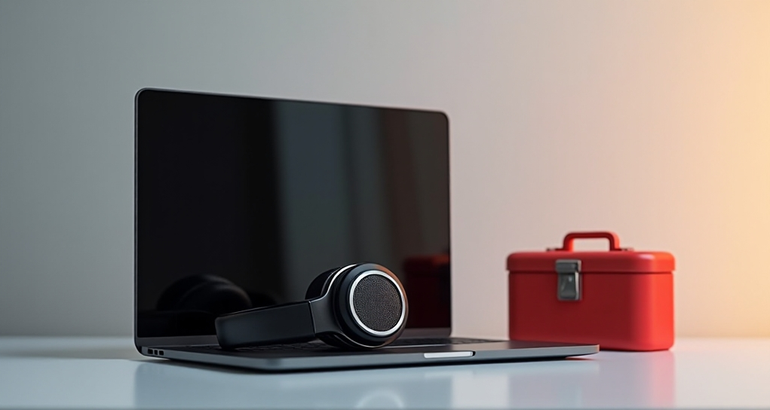Trojan Virus: Everything You Need to Know

- Online threats





Overview
A Trojan virus is a common type of malware that can pose a serious threat to your computer and data. This article will introduce what a Trojan virus is, what it does, its types, and how to detect and protect yourself from Trojan viruses.
Contents
What are the types of Trojan viruses?
How to protect yourself from Trojan viruses?
What is a Trojan virus?
A Trojan virus is a type of malware that can enter a user's computer disguised as a legitimate program or file and execute malicious operations. Its name comes from the giant wooden horse that the Greeks used to attack Troy in Greek mythology. Trojan viruses typically require the user to download or open them in order to activate their malicious functions.
What does a Trojan virus do?
A Trojan virus can do many harmful things to a user, such as:
① Stealing information
Stealing a user's personal information, such as passwords, bank account numbers, credit card information, etc.
② Damaging data and files
Damaging or deleting a user's files and data
③ Introducing other malware
Downloading or installing other malware, such as viruses, worms, spyware, etc.
④ Device control
Controlling a user's computer, such as modifying settings, turning on the camera, logging keystrokes, etc.
What are the types of Trojan viruses?
There are many types of Trojan viruses, which can be divided into several categories based on their functions and purposes:
① Backdoor Trojan
Allows hackers to remotely access and control a user's computer
② Banking Trojan
Can steal a user's banking and financial information
③ Ransomware Trojan
Can encrypt a user's files and data and demand payment to decrypt them
④ Downloader Trojan
Can download or install other malware onto a user's computer
⑤ Keylogger Trojan
Can record a user's keystrokes and send them to a hacker
⑥ Remote Access Trojan
Allows hackers to remotely view a user's screen, camera, microphone, etc.
How to detect a Trojan virus?
Since Trojan viruses can disguise themselves as normal programs or files, they can be difficult to detect. However, if you notice any of the following signs, your computer may have been infected with a Trojan virus:
① Slow or sluggish computer performance.
② Unexpected pop-ups or error messages.
③ Automatic opening or closing of programs or files.
④ Unknown icons or shortcuts on your computer.
⑤ Abnormal increase or decrease in network traffic on your computer.
If you suspect that your computer has been infected with a Trojan virus, you should take the following actions immediately:
① Disconnect from the internet
Prevent the Trojan virus from communicating with the hacker or spreading further
② Scan your computer
Use reliable antivirus software or specialized Trojan removal tools to scan your computer
③ Remove the Trojan virus
Follow the instructions of the antivirus software or removal tool to thoroughly remove the Trojan virus and its related files
④ Change your passwords
If your personal information may have been compromised, you should change your passwords and other sensitive account information as soon as possible
How to protect yourself from Trojan viruses?
Prevention is always better than cure. To avoid being infected with a Trojan virus, you should follow these recommendations:
① Update your software
Install the latest updates for your operating system and applications to fix any potential vulnerabilities
② Avoid suspicious links
Do not open links or attachments in emails, text messages, social media messages, etc. from strangers or untrusted sources
③ Use antivirus software
Choose a reputable antivirus software with real-time protection features and regularly scan your computer
④ Use MetroVPN
When browsing on public Wi-Fi, use MetroVPN to protect your network traffic from eavesdropping or tampering.






